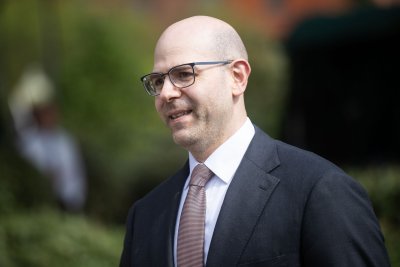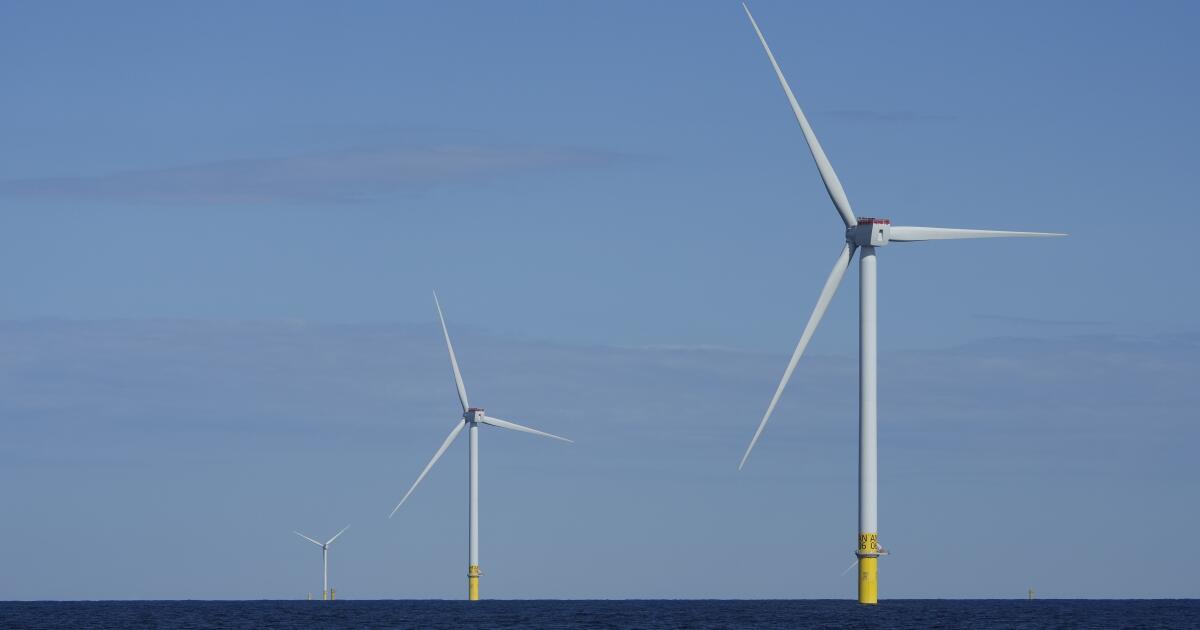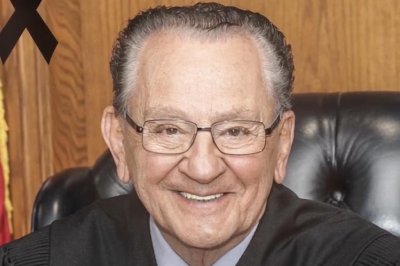SALT LAKE CITY, May 22 (UPI) — A new Washington state law that requires members of the clergy to report child abuse or neglect, including when the information is revealed in confession, is being investigated by the U.S. Department of Justice Civil Rights Division.
The DOJ claims the law is anti-Catholic and appears on its face to violate the First Amendment. The investigation, which was announced earlier this month, will look at the development and passage of Senate Bill 5375.
The bill, which adds clergy members to the list of mandatory reporters, was passed by the Senate in a 28-20 vote and 64-31 by the House. It was signed into law May 2 by Gov. Bob Ferguson and is to go into effect July 27.
A DOJ news release says the law has no exception for the absolute seal of confidentiality that applies to Catholic priests.
“SB 5375 demands that Catholic Priests violate their deeply held faith in order to obey the law, a violation of the Constitution and a breach of the free exercise of religion cannot stand under our Constitutional system of government,” Assistant Attorney General Harmeet Dhillon said in the release.
“Worse, the law appears to single out clergy as not entitled to assert applicable privileges, as compared to other reporting professionals,” Dhillon said.
The bill’s sponsor, Sen. Noel Frame, D-Seattle, disputes those claims and said the law is not anti-Catholic. She pointed out that members of the clergy are defined as a licensed, accredited or ordained minister, priest, rabbi, imam, elder or similarly situated religious or spiritual leader of any church, religious denomination, religious body, spiritual community or sect.
Mandated reporters include law enforcement officers, professional school personnel, social service counselors, nurses, psychologists and licensed childcare providers, among others. If they have reasonable cause to believe a child has suffered abuse or neglect, they are required to report that to law enforcement or the Department of Children, Youth, and Families.
Under the new law, clergy members must report abuse, but cannot be compelled to testify against the penitent in a court case or criminal proceedings.
“We are talking in our case here about really simply just the reporting in real time of known or suspected abuse and neglect of children in real time,” Frame said. “We’re simply saying, if you believe or you know that a child is actively being abused or neglected, call it in so we can go check on that child to make sure that they are safe.”
Archbishop Paul Etienne of the Archdiocese of Seattle descibted the the law as government overreach. After the apostles were thrown into jail for preaching in the name of Jesus Christ, St. Peter responded, “We must obey God rather than men,” he said in a written statement.
“This is our stance now in the face of this new law,” Etienne said. “Catholic clergy may not violate the seal of confession — or they will be excommunicated from the Church. All Catholics must know and be assured that their confessions remain sacred, secure, confidential and protected by the law of the church.”
The Catholic Church in the United States has been reporting incidents of abuse to law enforcement and cooperating with civil authorities for decades, according to Etienne. Those efforts began in 1986 in the Seattle Archdiocese, he said.
“Our policies already require priests to be mandatory reporters, but not if this information is obtained during confession,” Etienne said.
Frame countered that voluntarily complying with part of the law does not make priests mandatory reporters.
“They may be if they are a teacher, for instance, but they are not mandatory reporters in their role as clergy,” she said. “And to say that we’re already mandated reporters has caused great confusion such that people think the only point of this bill was to ‘go after confession.’ Not true.”
The senator has been trying since 2022 to pass legislation to make clergy mandatory reporters. Articles by Investigative West about how a Jehovah’s Witnesses community in Washington allegedly was covering up sexual abuse of children spurred her effort.
The nonprofit news organization reported the community was handling complaints internally and abuse was not being addressed.
Frame, a survivor of childhood sexual abuse by a family member from ages 5 to 10, said children need to know that if they ask a trusted adult such as a faith leader for help, they’ll get it.
“I told the mandated reporter about the abuse and that’s how it was stopped, and that was my teacher,” she said.
The Freedom From Religion Foundation, which advocated for passage of SB 5375 through its FFRF Action Fund lobbying arm, said the law closes a longstanding and dangerous loophole that allowed clergy to withhold information about child abuse.
“FFRF urges the DOJ to immediately drop this politically motivated and legally unsound investigation,” the organization said in a news release. “Protecting children from harm must be a priority that transcends religious boundaries. It is not anti-Christian to hold clergy accountable — it is pro-child, pro-justice and pro-human rights.”
Other states that do not have an exemption for penitential communication as of May 2023 are New Hampshire, North Carolina, Oklahoma, Rhode Island, Tennessee, Texas and West Virginia, according to the Child Welfare Information Gateway.
The Utah Legislature passed a bill last year that does not make clergy mandated reporters, but protects them from civil and criminal liability if they report ongoing abuse or neglect even if the information came from a penitent during confession.
Utah Rep. Anthony Loubet, R-Kearns, said he sponsored House Bill 432 after constituents reached out to him. Some religious organizations had implemented their own reporting requirements, but the protection from liability applied only to mandated reporters, which did not include clergy, he said.
Members of the clergy like having this option, Loubet said.
“This made it clear that they could report if they wanted to and if they did, they received the protection,” he said.










